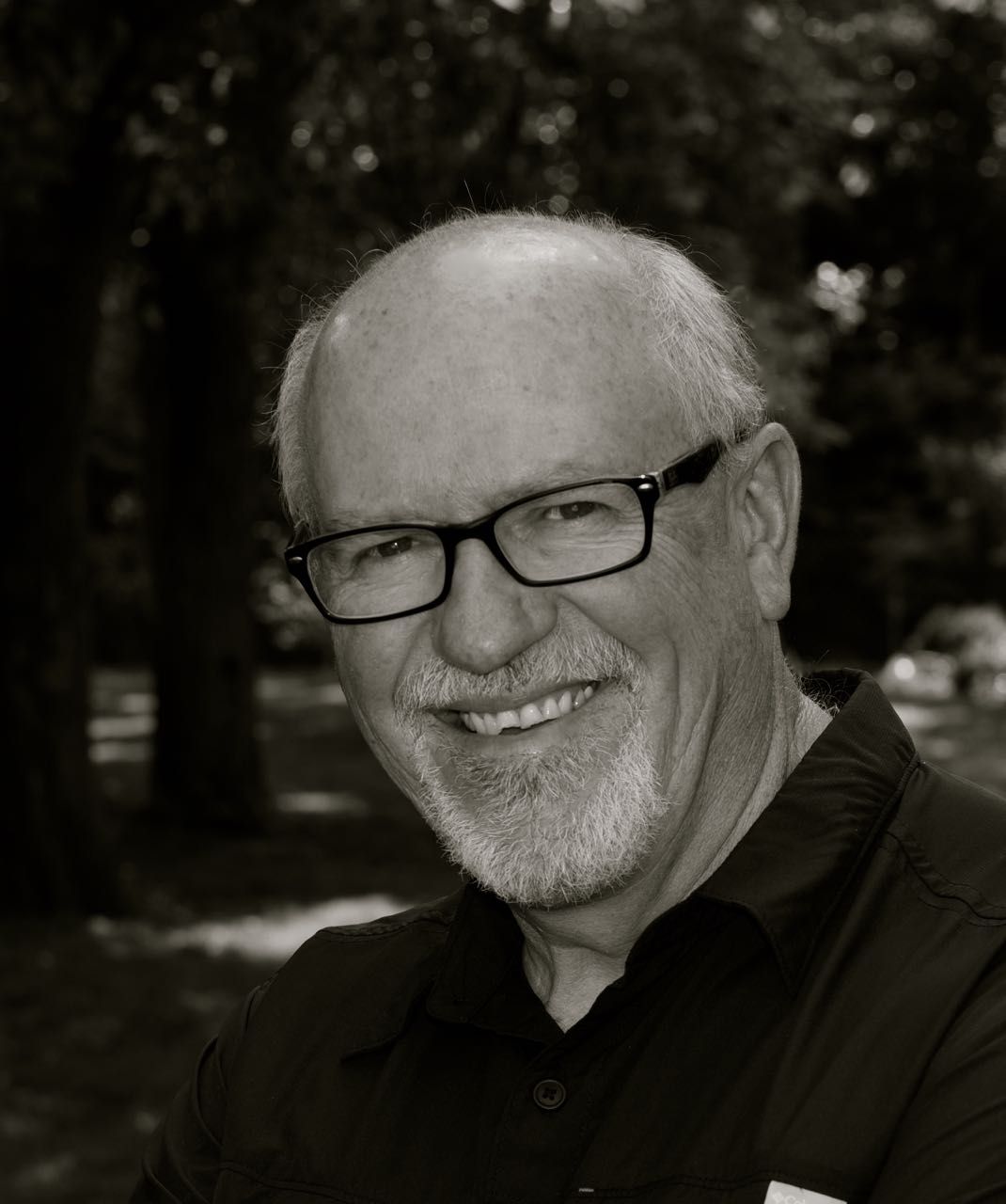When we got into donnybrooks as children, we were plopped down on a beige paisley print couch and forced to tell each other we were sorry. Those peace treaties lasted about as long as the ones between the Israelis and Palestinians. As soon as we got out of range of the hearing ears and seeing eyes, we resorted to lobbing scud missiles and flying drones.
You can’t make someone forgive.
I grew up in the Christian faith where forgiveness was not only divine; it was mandatory. If someone played Allstate Mayhem on your heart, you were quickly admonished to forgive the perpetrator, NOW! If any residue of anger or resentment came to the surface, then suddenly you were the bad person because you couldn’t forgive.
The problem of forgiving was not with the principle; the problem was with the process. Being able to forgive takes time. As a recent article by Mayo Clinic says, “Forgiveness is commitment to a process of change.”
A friend of mine was deeply betrayed and someone asked him recently, “Have you forgiven them?” To which my friend replied, “Nope.” He paused while the questioner was shocked at his reply, then responded, “But I’m forgiving them. That’s what matters; not that I’ve done it, but that I’m doing it.”
While forgiveness was always set in the context of religious obligation for me, I’ve come to discover there are significant health and life benefits. The Mayo article continued, “Letting go of grudges and bitterness can make way for compassion, kindness and peace.
Forgiveness can lead to:
- Healthier relationships
- Greater spiritual and psychological well-being
- Less anxiety, stress and hostility
- Lower blood pressure
- Fewer symptoms of depression
- Lower risk of alcohol and substance abuse
Several years ago, I had the occasion of spending a great deal of time around a geriatric crowd. Some were pleasant and funny; others were cynical and grouchy. I became curious about what it took to become old and pleasant instead of old and grouchy. I came to the conclusion that there was one mitigating factor: forgiveness. Those who gripers would bring up grudges from decades previous: the pleasant ones seemed to let offenses stay in the past.
How do you forgive? According to the Mayo article, you might:
- Consider the value of forgiveness and its importance in your life at a given time
- Reflect on the facts of the situation, how you’ve reacted, and how this combination has affected your life, health and well-being
- When you’re ready, actively choose to forgive the person who’s offended you
- Move away from your role as victim and release the control and power the offending person and situation have had in your life
I think Jesus was spot on when Peter asked him if they had to forgive a person 70 times and Jesus responded, “Nope. 70×7. 490 times. I don’t think that was hyperbole because there are a few folks in my life I’m up to about 376 times. Not that I’m stupid enough to let them do bad things to me that many times, but one thing triggers a memory and those bad feelings come rushing back so I have to forgive again. And again.
The Mayo article stated, “Generally, forgiveness is a decision to let go of resentment and thoughts of revenge. In the book, The Shack, is this quote: “Forgiveness is not about forgetting… it’s about letting go of another person’s quote.”
Telling me I have to do something seldom convinces me to do it. However, telling me why I should do something motivates me.
Forgiving is a process; Forgiveness is a goal.
